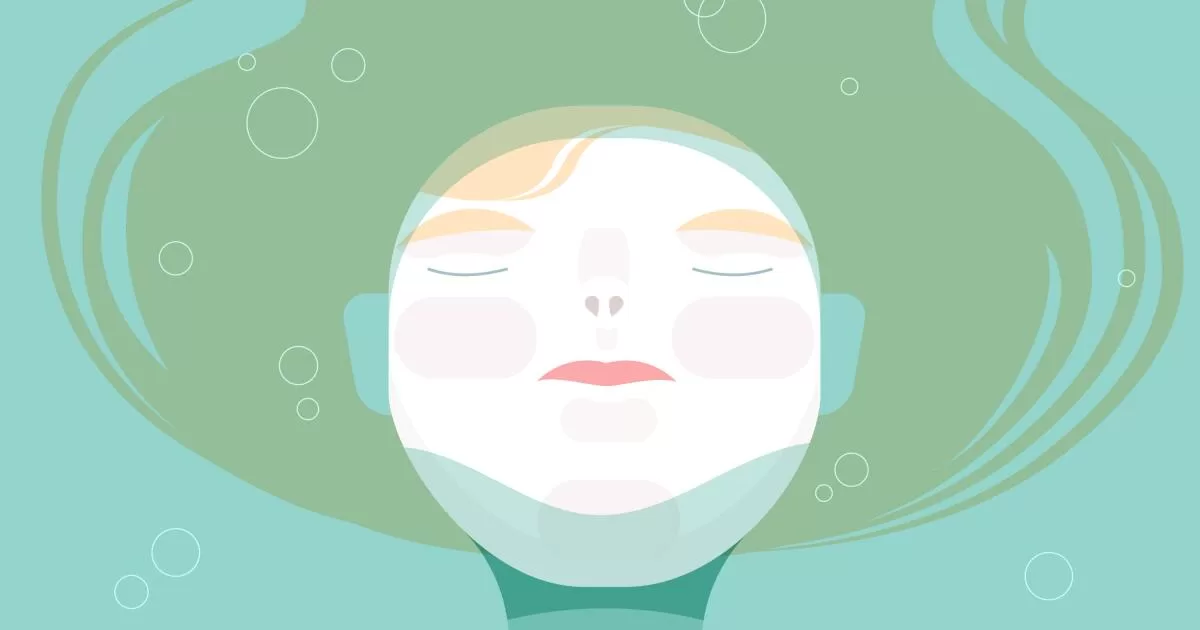Instead of never seeing each other again, we both ended up in Los Angeles for work. The city was an exciting spread of food and culture, but the feast of hot water was the hidden delight of L.A. Over the 15 years since that wedding, we’ve spent hundreds of hours in SoCal spas. Sometimes we talk about job woes, sometimes the frustrations of parenting, and sometimes we don’t talk at all. L.A.’s expansive bathing culture has become the landscape not just of a necessary retreat but also, a constant, easy way to meet up, connect and build a friendship around the usual L.A. obstacles of distance and packed schedules.
Southern California has a modern history of “taking the waters” in places like Palm Springs, Desert Hot Springs, Carlsbad and Murrieta. But before immigrant communities brought their own ways of enjoying hot water, the area didn’t have much of a local sense of public bathing. Now one can find examples of the Japanese onsen, Russian banya, Finnish sauna and Korean jimjilbang here. The Korean spa concept has been enmeshed in L.A. life since the early 1990s.
For many Angelenos, coming together publicly to bathe sans clothing, relaxing in uniform in a coed jimjilbang and experiencing a no-nonsense body scrub has become a familiar — and beloved — ritual. For newbies, spa etiquette can be understandably intimidating. Outdoor shoes need to be removed before entering the changing area, a cleansing rinse taken prior to entering water, and nudity is required except in coed common areas, for which a spa uniform is provided. But once these rules are conquered, bathhouse-style retreats can become an important part of health, wellness and community.
For those unfamiliar, we’re hoping to expand your bathing palate and encourage you to find the closest hot water to you. If you’ve only ventured to the well-known and adored Koreatown hot spots like Wi Spa or the women-only Olympic Spa, we offer this list to help you find something new. Each option offers something different: family-friendly, no-frills, all the frills, themed and perfect for friends or solo.
If you find a favorite, many of these spas offer ticket packages featuring several entrances for a reduced rate. We tend to go in the evening, when the day’s stresses have accumulated, but any time is a nice time to visit.
Always packed in our bag when we visit:
- italy (Korean scrub mitt)
- favorite toiletries
- water bottle
- electrolytes
The latter two items are key; nothing is worse than a dehydration headache when you should be basking in the glow of rejuvenation. And pro tip: Brush your teeth at the spa! Many provide free toothbrushes, and it will shock you how good it feels to be minty fresh after a sauna.
The spa is one of L.A.’s essential third spaces — that place you can go to that is neither work nor home. We often think of it as an alternative — sometimes more accessible — beach, the place where doing nothing is the actual doing. At the spa, you can hide, read, nap, but also catch up, eat, soak and scroll. In our experience, most folks say yes to meeting up at the spa for a few hours of melting onto a hot floor and lolling from tub to sauna to tub.
Instead of endlessly planning how to meet up with your friend, just get thee to hot water. You don’t have to arrive at the same time, you’ll get to relax even if they cancel, and if they show up, you get to do that rarest of things together: Just be.
